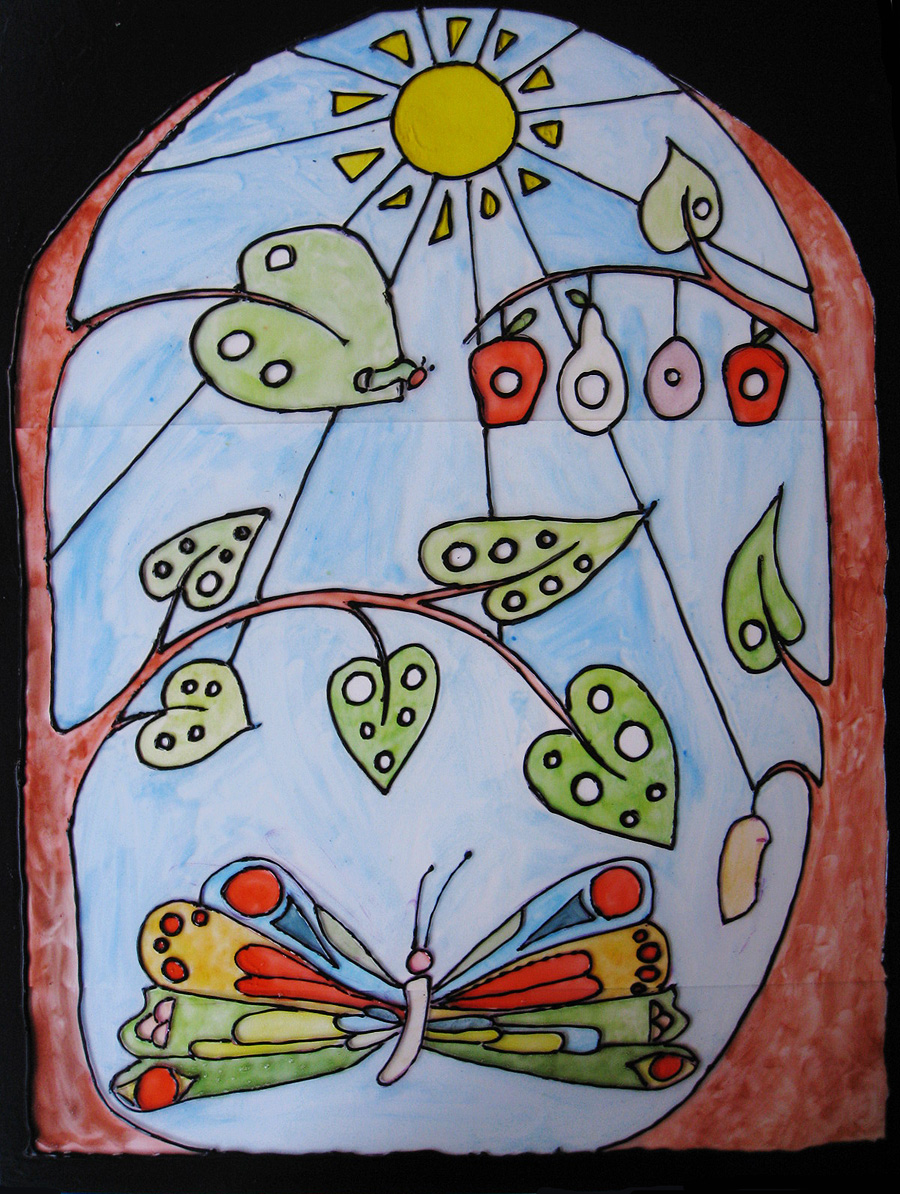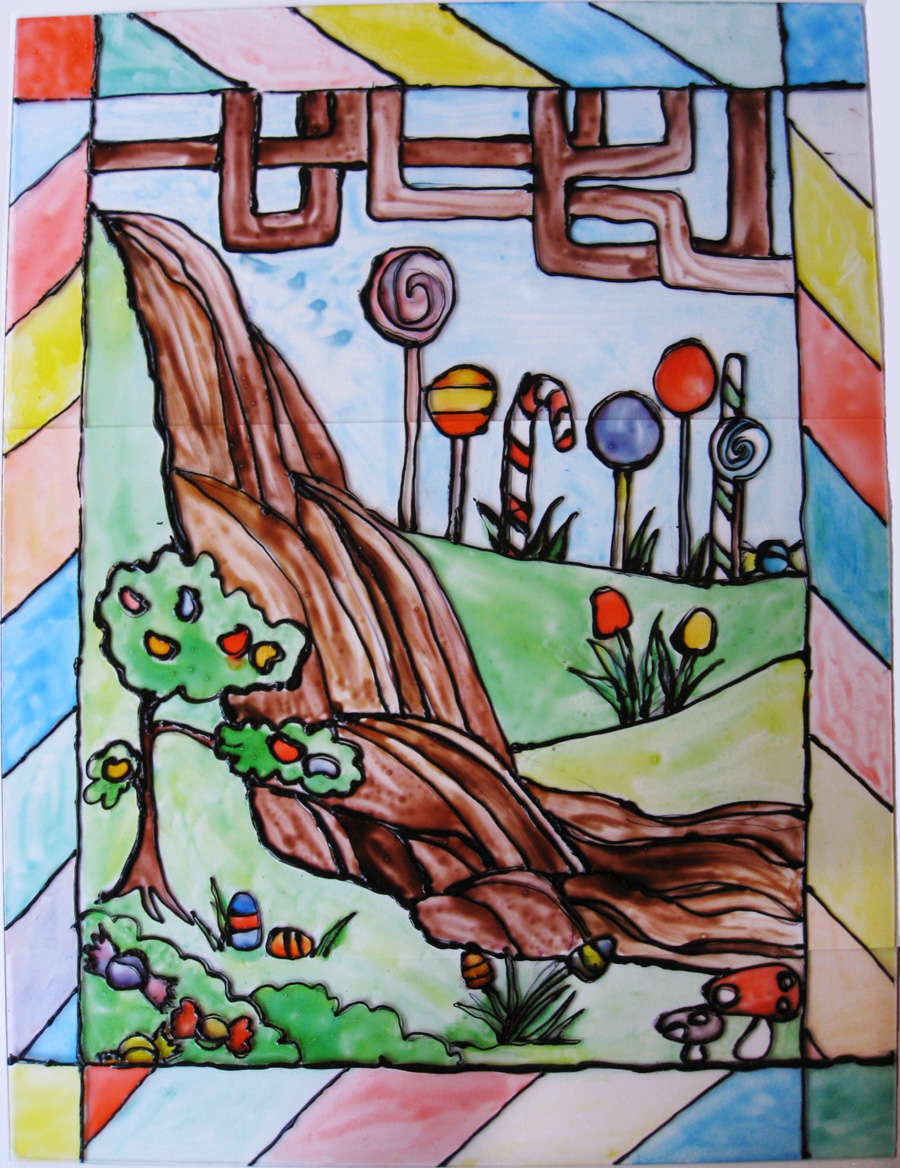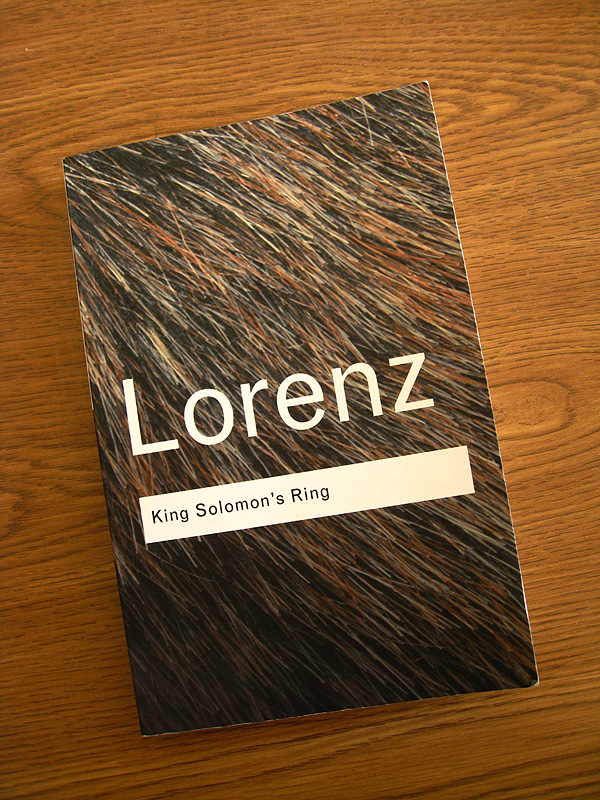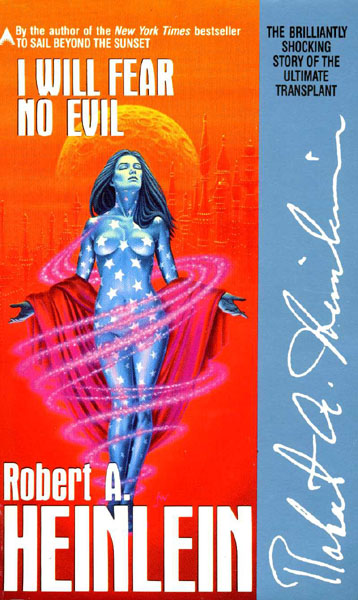I’ve been thinking lately about how readers interact with the books that they read, and I have a few questions that I’d be interested in seeing others’ opinions on. I’m interested in the idea of the reader-writer contract – the idea that some type of mutual obligation exists between readers and writers.
At the most basic, almost purely commercial level, we have the opinion of someone named Susan Rand, whose article is the first Google hit for “reader-writer contract:”
When an author sits down to write a book, she enters into a contract with the reader. The reader’s part is to buy the book, and to recommend it to his friends. For her part, the writer promises the reader that she will take his hand and guide him safely through the world created in the book. She promises she will not suddenly push him off the path into an abyss, or put boulders – big or small – in his way, to trip him up. She will not lead him down side paths that lead nowhere. She knows that readers have many other activities to distract them, so she will make the book as intriguing, easy to read and compelling/enlightening as possible.
That is, the author should always remember that they’re reliant on the attentions of a paying audience, and therefore must cater to that audience’s desires and comfort level. This is reader as consumer – that the reader enjoys the book or thinks about its contents isn’t even an explicit provision of “the reader’s part;” it’s simply written into his or her purchase and promotion of the book.
Obviously, this model holds true at some level for any author who hopes to make any kind of living off of his or her writing. So where does that leave the author who wishes to write not purely for an audience, but for him or herself – as well as, one hopes, make a living off of it? Put one way, this kind of author writes his or her beliefs or self , and then casts them out in print form, hoping to touch others with them, like-minded or not. Put another way, this kind of author is sacrificing accessibility and commercial feasibility for art and integrity, and therefore can’t be expected to be taken seriously if he or she then complains about not being appreciated or supported.
Anyway, that’s all very vague, “commercialism” vs. “art” and all the compromises that lie in between, yadda yadda; what I was interested in actually asking was, for you personally, where does the balance lie in the reader-writer contract, if you think one exists at all? To give more concrete examples – because of my particular intellectual bent, I enjoy being mystified and nudged off-balance. I like having the feeling that there are things I will never be able to grasp, and that I’m going to have to scrabble after clues if I want any satisfaction, and that I’ll probably end up dirty and tired and unsatisfied anyway, and have to just lie down on a rock and breathe for a while and wonder about all the things I’ll never understand. On the other hand, one of my friends strongly dislikes the feeling of being off-balance, of her understanding being deliberately obfuscated. Not because she’s intellectually incapable of dealing with it, but because it makes her feel nervous or even belittled when the author holds things out of reach over her head.
Each response make sense for our respective personalities, and because of that, I’m also interested in how personal outlook reflects on reading style and preferences. Where do your preferences lie ? How much are you willing to invest in understanding an author’s aims, presuming the author is good enough to be worth any investment? How much do you think the author is him/herself obligated to make his/her books a welcoming place for readers? And, if you’re willing to talk about it, do you see any of this as growing out of how you generally relate to other people, sources of information, authority figures, The Universe, whatever? I realize this is all highly conditional, so feel free to ramble about anything that seems relevant.
Also, if anyone has any perspective on how this may have changed historically and culturally, I’d love to hear more about it – I have the vague suspicion that the development of reader-response criticism may have changed things, but I don’t really have a broad understanding of how readers’ expectations about books and authors have changed over time and space.
– E



